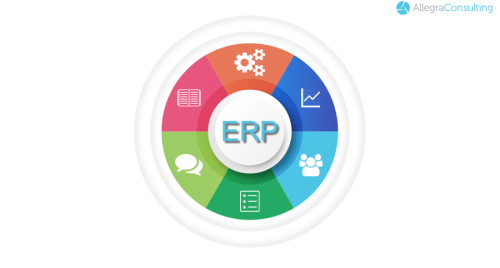
Cognitive and emotional intelligence can have an equal impact on performance and productivity when working in a team. However, the importance of each is dependent on the role and its reliance on collaboration.
Emotional intelligence allows leaders to cut through social barriers, leading to deeper conversations with team members without reservations. Even in the inevitable conflict or two, emotional intelligence allows conversations to remain constructive and project-focused rather than devolving into personal attacks.
The Three Conditions Required for Emotionally Intelligent Teams
Trust Among Members – Team members must feel as though they are valued and respected members of the team. They need to have high levels of psychological safety and feel that their ideas will be considered.
Sense of Group Identity – Teams need social norms, goals and values that appeal to every member. This can often be referred to as a team’s culture and goes a long way in establishing appropriate intimacy between members.
Sense of Group Efficacy – Members need to feel that their work has meaning in a way that appeals to them. They also need to feel that work is progressing at a reasonable rate and that each team member is contributing to the best of their ability.
Facilitating the Three Conditions
Cultivate your Emotional Intelligence
Ask yourself the following questions about each trait that makes up emotional intelligence:
- Are you self-aware and able to recognise your emotions.?
- Emotional management – Are you able to maintain your cool?
- Effective communication – Are you able to express your thoughts clearly?
- Social awareness – Can you see what is happening and give valuable feedback?
- Conflict resolution – Can you effectively handle conflicts and offer a resolution?
An emotionally intelligent team is made up of emotionally intelligent members. By reflecting on these questions, you can recognise what aspects of your behaviour could use some focus.
Communication is Key
One of the crux of emotional intelligence is good and consistent communication. Try some of the following techniques to create an environment of high psychological safety:
- Practise active listening
- Give team members a voice.
- Provide a safe space to vent frustrations and air grievances.
- Problem solve together
- Give space for quieter team members to talk
Keep your Team Engaged
We know that a sense of belonging makes people feel more productive and satisfied. This is doubly true when we’re able to work towards meaningful goals. To build this feeling, try the following:
- Recognise the accomplishments and hard work of your team members.
- Have a flexible and engaging work environment where teamwork is valued.
- Work towards your organisation’s mission so everyone has a purpose.
- Keep your positive feedback specific and public if appropriate.
- Remind others of how their work is valuable and how it impacts others.
Each team consists of individuals with unique needs, values and goals. Any suggestion around building a cohesive and functional team will require some adaptation to fit the mould you are working with. Be open to change if things aren’t quite working out, and ask your team for continuous feedback on what works.










